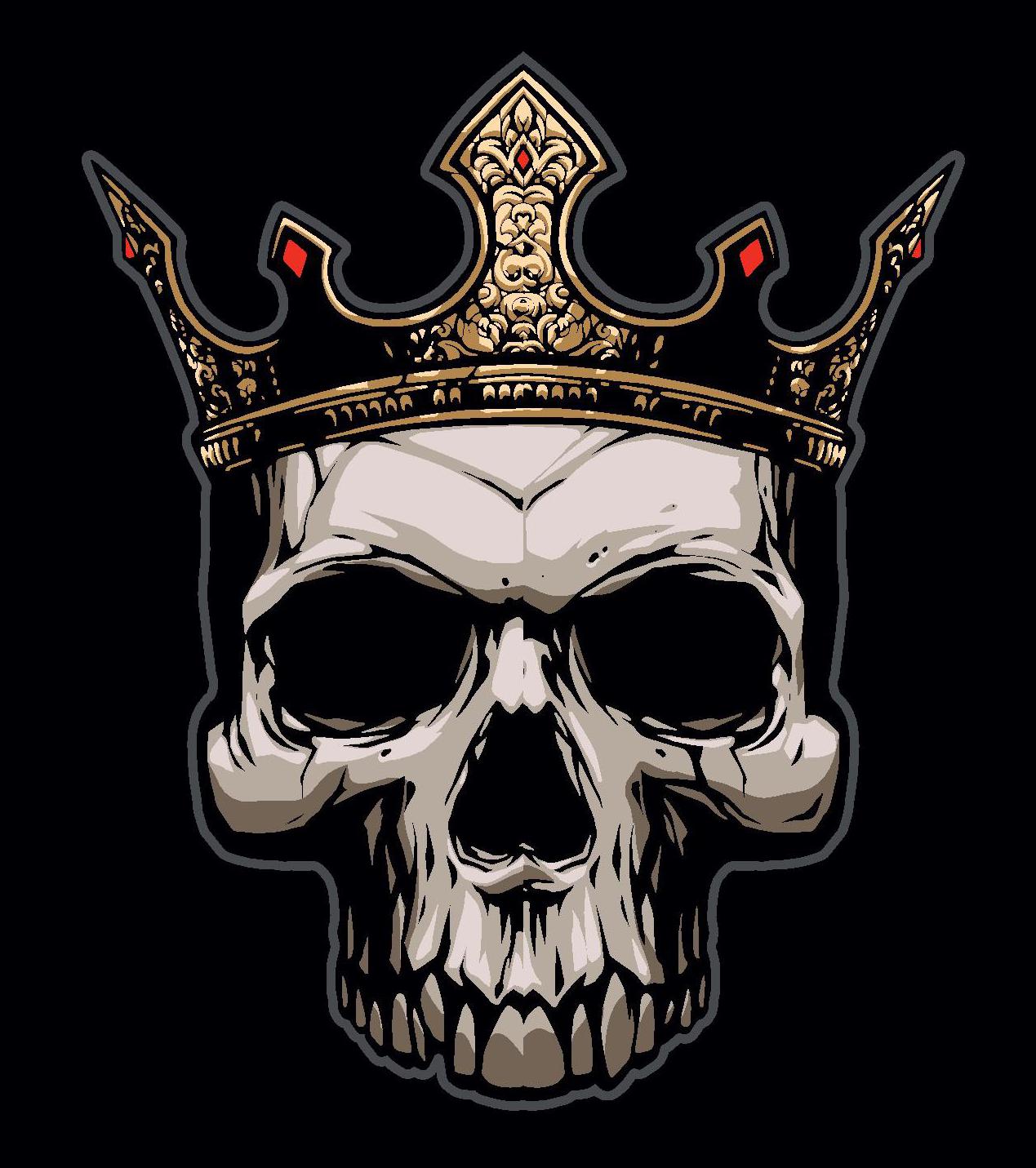
Coleridge claimed, ‘I have a smack of Hamlet myself’ (1827), and Jan Kott writing in the early 1960s saw Hamlet as an existentialist, ‘a Marxist who has revolted’. Yet this tendency to see the play as ahead of its time ignores the pull of the play to the past, and its expression of the anxieties of the final years of Elizabeth’s reign.
The plot focuses on the young prince of Denmark, who is in mourning for the death of his father, the king. He faces the new order with despair: his uncle Claudius on the throne, flanked by his mother Gertrude. Meeting his father’s ghost sets his revenge in motion but the play’s structure is circular, with plots that might move the action forward being frustrated. While it is tempting to focus on Hamlet’s identity alone, the play’s political and cultural contexts reveal how it is very much of its own time.
Your organisation does not have access to this article.
Sign up today to give your students the edge they need to achieve their best grades with subject expertise
Subscribe




